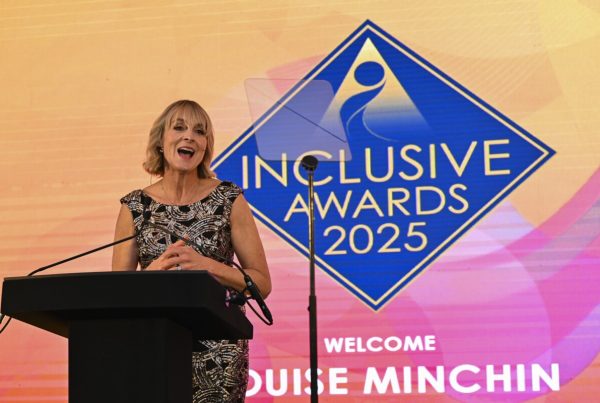- Leaders’ willingness to create meaningful change is doubted
- Employees with positive perceptions of leaders more likely to believe action will be taken after a survey
- Employees who don’t believe action will be taken are less engaged at work
More than half of employees (54%) don’t believe their organisation will take action as a result of employee engagement surveys, according to new analysis from Inpulse, employee engagement experts.
The analysis also highlights a correlation between employees’ faith in leadership and whether they believe they will see actions from an engagement survey. Sixty-seven percent of employees with positive views of their leaders feel a survey will lead to action. Just 12% with negative perceptions of their leaders feel the same.
The data* also reveals that employees who don’t believe action will be taken are less engaged at work; on average, their engagement rate stands at 47%. In comparison, the 46% that do believe change will occur have an average engagement rate of 86%.
Matt Stephens, Founder and CEO at Inpulse, explains:
“Importantly, the data suggests that employees don’t lack faith in engagement surveys themselves. Instead, many question the ability and willingness of their organisations to act on the data they’re presented with. If they don’t trust their leaders to listen to them, they are less likely to believe positive change will come from an engagement survey.
“This has a huge impact on how employees feel and how engaged they are with their organisation. Ultimately, feeling valued and that their employer is interested in their inclusion, belonging and pride at work is essential for engagement. Evidently, organising engagement surveys is only half the job. Leadership must also demonstrate their capability and desire to interpret the data and enact meaningful change as a result”.
Indeed, leadership’s impact on employee engagement should not be understated. Inpulse’s analysis of data from over 30,000 employees across half a dozen organisations reveals that employee engagement levels fluctuate based on that of their leaders. On average, employee engagement is 23 percentage points lower compared to leadership team engagement.
For example, in one organisation, while the executive’s engagement stands at 97%, employee engagement drops to 78%. In comparison, engagement for executives in another organisation sits at 75% while employee levels fall to 53%.
Matt Stephens continues: “If organisations have limited time, resources or capabilities to respond to the results from engagement surveys, focusing energy into the engagement of leadership will have a knock-on effect into that of the wider workforce. When leader’s understand what it means to be engaged and visibly demonstrate their vision for the organisation’s culture through their own actions, this is more likely to be mirrored by other employees.
“Beyond this, organisations that want to support meaningful change should ensure the results of engagement surveys are brought into the regular rhythm and practices of teams. Instead of having meeting agendas with results discussed at the end, weave them throughout daily conversations – whether that’s in a five minute team meeting or discussions on the factory floor.
“This creates accountability as well as a shared agenda between leaders and employees, supporting the idea that everyone is working together and staff feel consistently heard.”
*Data taken from 40,000 responses across multiple organisations.
About Inpulse
Inpulse provides real-time emotion-driven employee insights that improve engagement to help increase the performance of a company. The Inpulse team provides support including analysis of data to bring unbiased perspectives to decision-makers.




